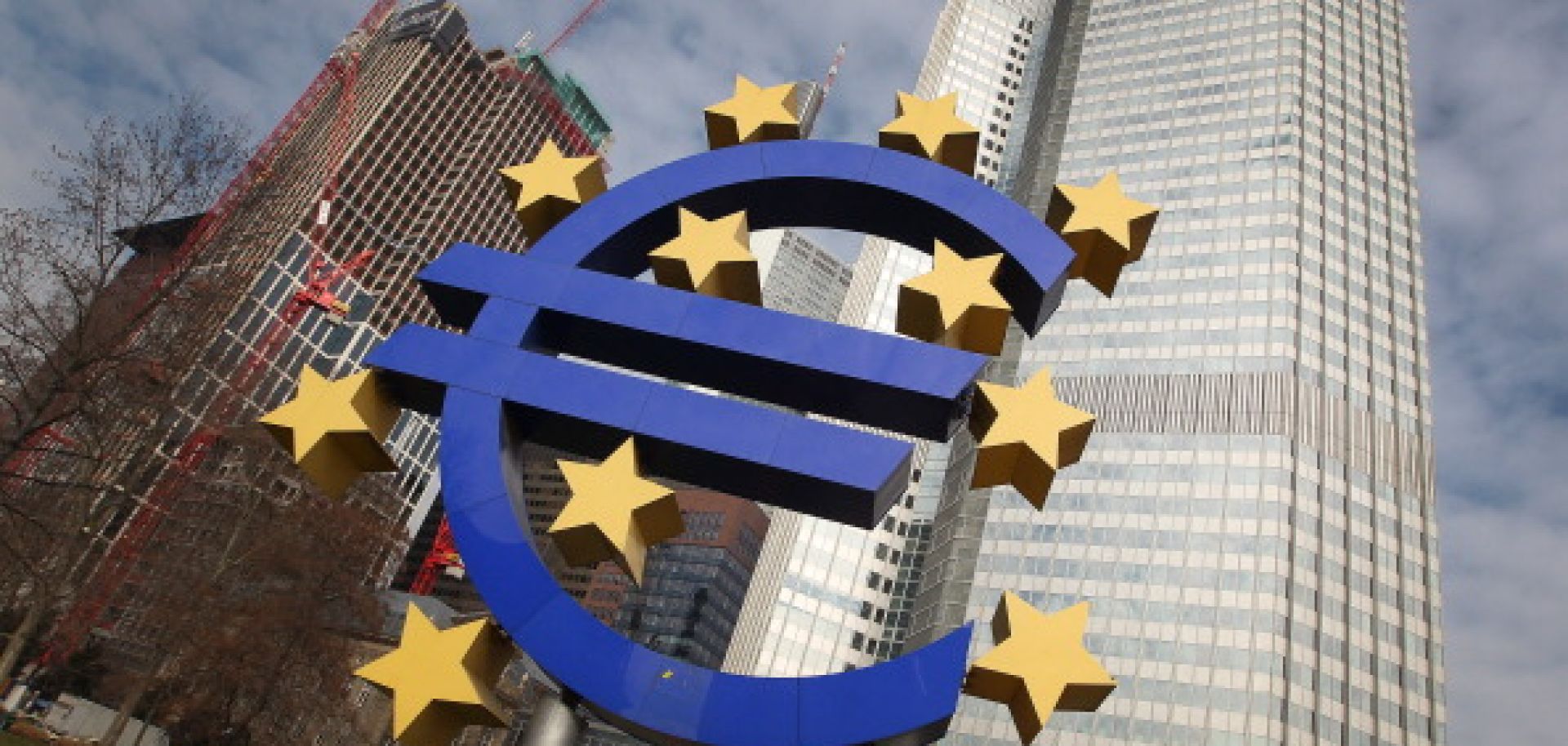ASSESSMENTS
Differing Views of Eurozone Membership
Mar 12, 2013 | 10:00 GMT

DANIEL ROLAND/AFP/Getty Images
Summary
Since the onset of its economic crisis, Europe has been marked by widening divides over the eurozone's goals and structure. In recent months, a new split has emerged: The populations of countries on the eurozone's periphery — those feeling the sharpest sting of austerity measures — still widely support the common currency. Meanwhile, euroskeptic narratives that reject some of Europe's fundamental structures — namely the free movement of people, goods and services — have been gaining support in Europe's wealthier core countries.
But peripheral support for the currency bloc is likely shaded by hopes of a return to Europe's pre-crisis environment. And the core's insistence on austerity measures and economic reforms makes such a return unlikely in the near future. Such conflicting views appear likely to undermine policies designed to deal with the crisis and threaten the very foundations of the European Union.
Subscribe Now
SubscribeAlready have an account?
